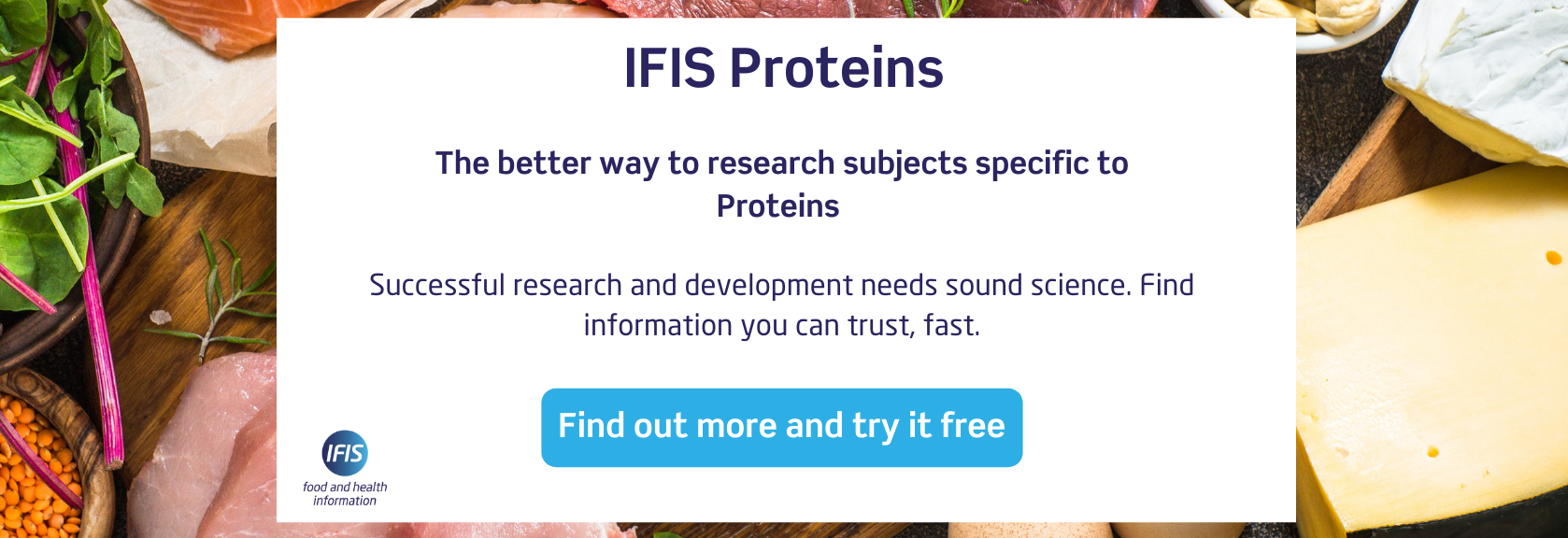Protein has been a media darling for a while now. Mainly because consuming high levels of protein has become a popular weight-loss strategy in the last ten years or so. A high-protein, low-carbohydrate diet causes the body to go into ketosis where the body burns its own fat for fuel as oppose to its normal tendency to burn carbohydrates.
While that’s certainly one way to promote a healthier lifestyle, some food science experts caution about the downsides, including kidney failure, osteoporosis, diabetes, gout and possible links to cancer and high cholesterol.
However, a Cambridge Institute for Medical Research (CIMS) report, The Truth About Ketones & Ketosis, counters that ‘protein does not cause kidney failure.’ Furthermore, Medical News Today argues ‘we are designed to thrive at certain levels of ketosis.’ What’s more, a study in The Journal of the American Medical Association (JAMA) alludes to the fact that maybe it’s not really the protein but the calories that lead to weight loss.
Does this mean that protein’s heyday is over?
Probably not, especially given people’s devotion to any and all magic bullets for weight loss and maintenance. Yet even if the general public becomes fickle, a food scientist will recognise protein’s worth.
First of all there’s basic nutrition: we need protein to survive. Our bodies use protein and their amino acids for tissue repair, to enhance our immune systems, to create essential hormones and enzymes, and to preserve lean muscle mass – to name but a few.
The United States Dairy Association’s Dietary Reference Intakes recommends 10% to 35% of an average adult’s calories should come from protein, as does the UK’s Department of Health Dietary Reference Values. That’s not too difficult for an omnivore with a balanced diet. Vegetarians have to work a little harder to ensure they consume all of the essential amino acids needed for health, but with a little research and thought that’s not too difficult if varied foodstuffs can be easily sourced.
In addition to its nutritional benefits, food scientists also appreciate protein’s functional properties to help design a type of product with specific desirable qualities. These properties include, for example, solubility, binding capabilities, surfactant properties, flavour formation, and texturising and structuring characteristics. Additionally, while knowledge of protein functionality is particularly critical in the meat, dairy and baking industries, it’s important in just about any food or beverage in which protein is found.
When you’re researching, developing, producing and selling consumer products, especially food and drink, it’s crucial to be aware of consumer trends and fads, but this information must be underpinned with proven, up-to-date scientific fact and detail.
(Image Credit: Eduardo Roda Lopes via Unsplash)


